The Hanoi Department of Culture and Sports recently held a seminar on "Protecting and promoting the value of traditional festivals in Hanoi's inner city" at Dong Co Temple (Tay Ho District).
The seminar aims to implement Program 06/CT-TU dated March 17, 2021 of the Hanoi Party Committee on "Cultural development, improving the quality of human resources, building elegant and civilized Hanoians in the period of 2021-2025; Resolution No. 09-NQ/TU dated February 22, 2022 of the Hanoi Party Committee on developing cultural industries in the capital for the period of 2021-2025, orientation to 2023, vision to 2045; Implement Plan No. 55/KH-UBND dated February 18, 2022 of the Hanoi People's Committee on Preserving and promoting the value of intangible cultural heritage of Hanoi city to 2025.
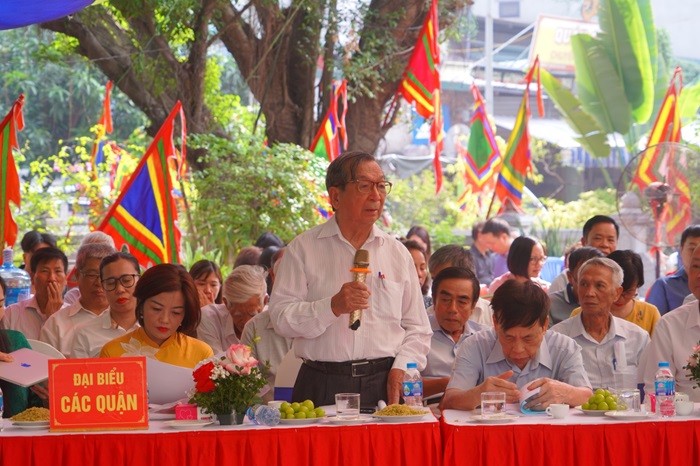 |
| Scene of the discussion held on November 3 in Hanoi. (Photo: Pham Linh) |
Speaking at the Seminar, Director of the Hanoi Department of Culture and Sports Do Dinh Hong affirmed that the traditional festivals in the inner city of Hanoi have a long history, are very diverse in terms of nuances and unique in terms of value, creating a quite distinct cultural identity of Hanoi, associated with the history of Thang Long citadel.
Many festivals are synthetic in nature, expressing cultural creations accumulated and passed down through many generations, imprinted in rituals, religious beliefs, customs, literature and art, ceremonial costumes, sacrificial cuisine , games and folk performances.
In particular, the protection and promotion of traditional festivals focuses on protecting and promoting traditional rituals and ceremonies, and building festival spaces.
Here, delegates and experts also focused on discussing issues of identifying characteristics, changes and behavioral culture in traditional festivals, restoring rituals, ceremonies and folk games at festivals, and orienting the work of protecting and promoting the value of traditional festivals in Hanoi's inner city to become resources contributing to the development of the capital's cultural industry.
In the coming time, in order to protect and promote the value of intangible cultural heritage in Hanoi in general and intangible cultural heritage of traditional festivals in particular, it is necessary to have the coordination of all levels, departments, branches, organizations and the heritage-holding community to synchronously deploy solutions; encourage and create conditions for the community to practice and promote the cultural values of traditional festivals, prevent negative factors, offensive images, and implement regulations on civilized lifestyle in festival activities.
In addition, supporting the community in research, restoring traditional rituals, ceremonies and folk games, and passing on knowledge to the next generation of heritage keepers also needs attention.
Delegates also agreed to promote the proactiveness and positivity of the community in organizing, managing and practicing traditional festivals; strengthen propaganda and widely disseminate the meaning and content of typical and unique values of traditional festivals, educate the morality of "When drinking water, remember its source", honor those who have contributed to the people and the country; preserve, promote, introduce and advertise traditional cultural values and good customs and practices of Thang Long-Hanoi.
Traditional festivals are a form of community cultural activities organized according to traditional rituals, to meet the spiritual needs of the people. According to the results of the General Inventory and Protection of Intangible Cultural Heritage announced in 2016, 1,206 traditional festivals were inventoried and identified and the vitality of the heritage was initially assessed. Of these, 18 festivals were listed in the National Intangible Cultural Heritage List. Hanoi's inner city area includes 12 districts with 221 traditional festivals. Of which, Ba Dinh district (19 festivals); Thanh Xuan (4 festivals); Tay Ho (9 festivals); Nam Tu Liem (23 festivals); Long Bien (34 festivals); Hoang Mai (9 festivals); Hoan Kiem (10 festivals); Hai Ba Trung (9 festivals); Ha Dong (46 festivals); Dong Da (18 festivals); Cau Giay (16 festivals); Nam Tu Liem (24 festivals). Of which, 9/19 traditional festivals in Hanoi are listed in the National Intangible Cultural Heritage List, including: Le Mat Village Festival, Truong Lam Communal House Festival (Long Bien District); Chem Communal House Festival (Bac Tu Liem District); Dam Swimming Festival (Bac Tu Liem District); Lang Pagoda Festival, Dong Da District; Thi Cam Rice Cooking Festival (Nam Tu Liem District); Phu My - Kieu Mai Matchmaking Festival (Nam Tu Liem and Bac Tu Liem Districts), Five Villages Moc Festival (Thanh Xuan and Nam Tu Liem Districts), and Dong Co Temple Loyalty Oath Festival (Tay Ho District). |
Source







![[Photo] Prime Minister Pham Minh Chinh and Prime Minister of the Kingdom of Thailand Paetongtarn Shinawatra attend the Vietnam-Thailand Business Forum 2025](https://vphoto.vietnam.vn/thumb/1200x675/vietnam/resource/IMAGE/2025/5/16/1cdfce54d25c48a68ae6fb9204f2171a)
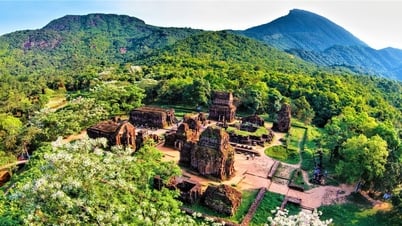







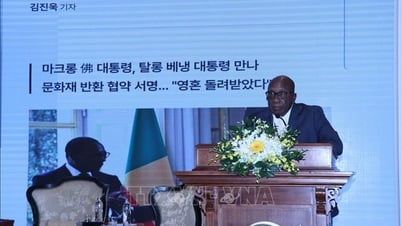

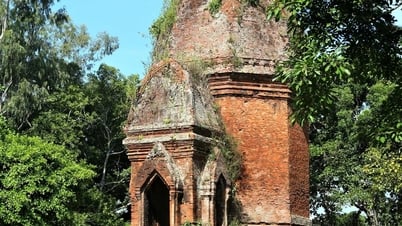
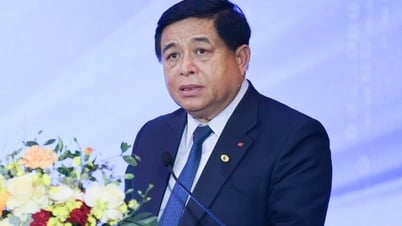

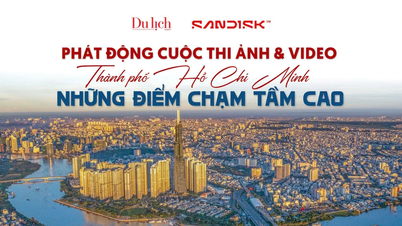

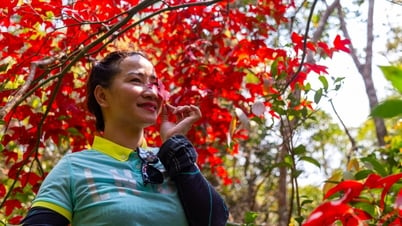

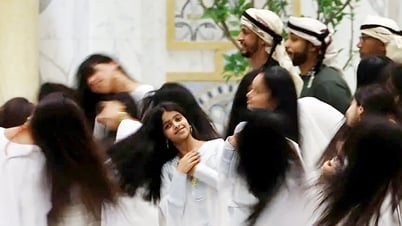

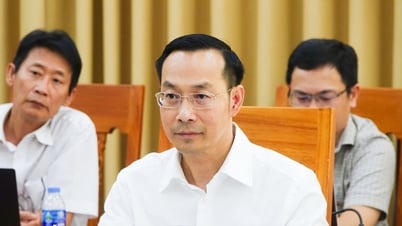




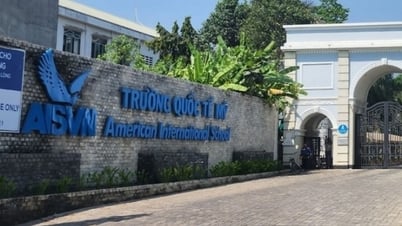
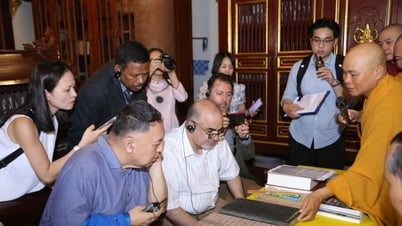
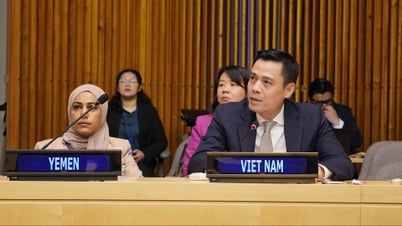
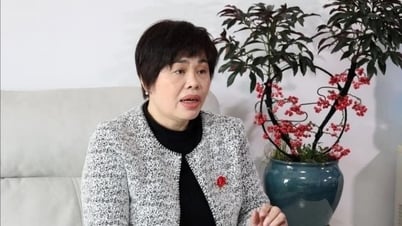

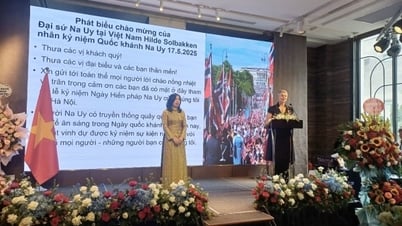
![[Photo] President Luong Cuong receives Prime Minister of the Kingdom of Thailand Paetongtarn Shinawatra](https://vphoto.vietnam.vn/thumb/1200x675/vietnam/resource/IMAGE/2025/5/16/52c73b27198a4e12bd6a903d1c218846)








































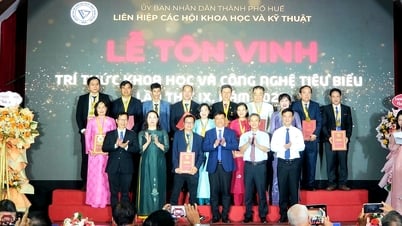

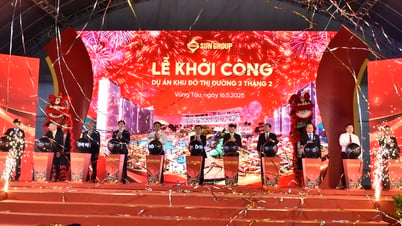

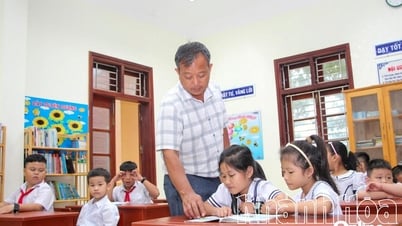

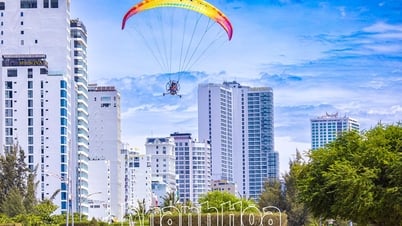












Comment (0)